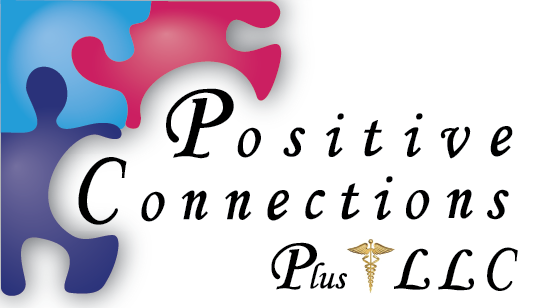Families come in many different shapes and sizes. Each family has its own system, structure and patterns of communication. These are usually defined by parenting styles, personalities, how the first generation was raised and other influences. The family system has an important role in the development of our emotional, physical and spiritual beings. When a family dynamic becomes dysfunctional, family therapy can be utilized to bring functionality back to the family.
Nearly all families at one time or another will deal with some sort of dysfunction in dynamics. Some are able to regain or retain a balanced dynamic. Yet most families need extra help in regaining a sense of wholeness and happiness within the family.
A family therapist is certified and trained to examine the web of interpersonal relationships and to create a goal oriented treatment plan for the family. The first appointment is generally with the entire family so that the therapist can gather information, learn of the problems the family is facing, hear each family member’s thoughts on the situation, what goals the family would like to reach and observe the families dynamics. Depending on the families unique set of circumstances future appointments may include or exclude participation by certain family members. Family members could also be asked to seek individual counseling as well as participation in the family therapy sessions. During family or individual sessions, members can be given assignments to begin addressing certain challenges that the family or individual is currently facing. As the family begins to work on the goals and assignments that have been set they will be able to identify their role and contribution to the family. They may learn to understand; other family member roles, certain behaviors that can lead to conflicts, how to overcome their families specific challenges, and ways to resolve dysfunction within the family dynamics.

Family therapy is meant to bring parents, siblings, and sometimes extended members into a goal oriented treatment plan. Anyone that is seeking a closer and healthier family dynamic can benefit from family therapy.
A wide range of situations can benefit from family therapy, such as;
- parent-child conflict
- sibling conflict
- effects of illness on the family
- marital issues
- resolving specific issues
- diagnose and treat psychological disorders within a family context
- identify problematic behavior patterns
- replace dysfunctional behavior with healthy alternatives
- evaluate and resolve relationship problems
- preparing members for major life changes
- help with family transitions (adoption/marriage/divorce)
- understanding their own individual roles in the family
- understanding other family member roles
- identifying strengths and weaknesses in the family dynamics
- improving communication skills between one another
- strengthen the family as a whole
- learn conflict resolution skills
- learn problem solving skills
- understanding how the family has functioned and could function
- understanding how personal actions affect other family members
- additional skills learned can be applied outside of the family

Sometimes families need additional help that is outside of their resources. Family therapy can help these families reach those resources and gain fruitful knowledge that will help them currently and in the future have a well balanced family dynamic.

